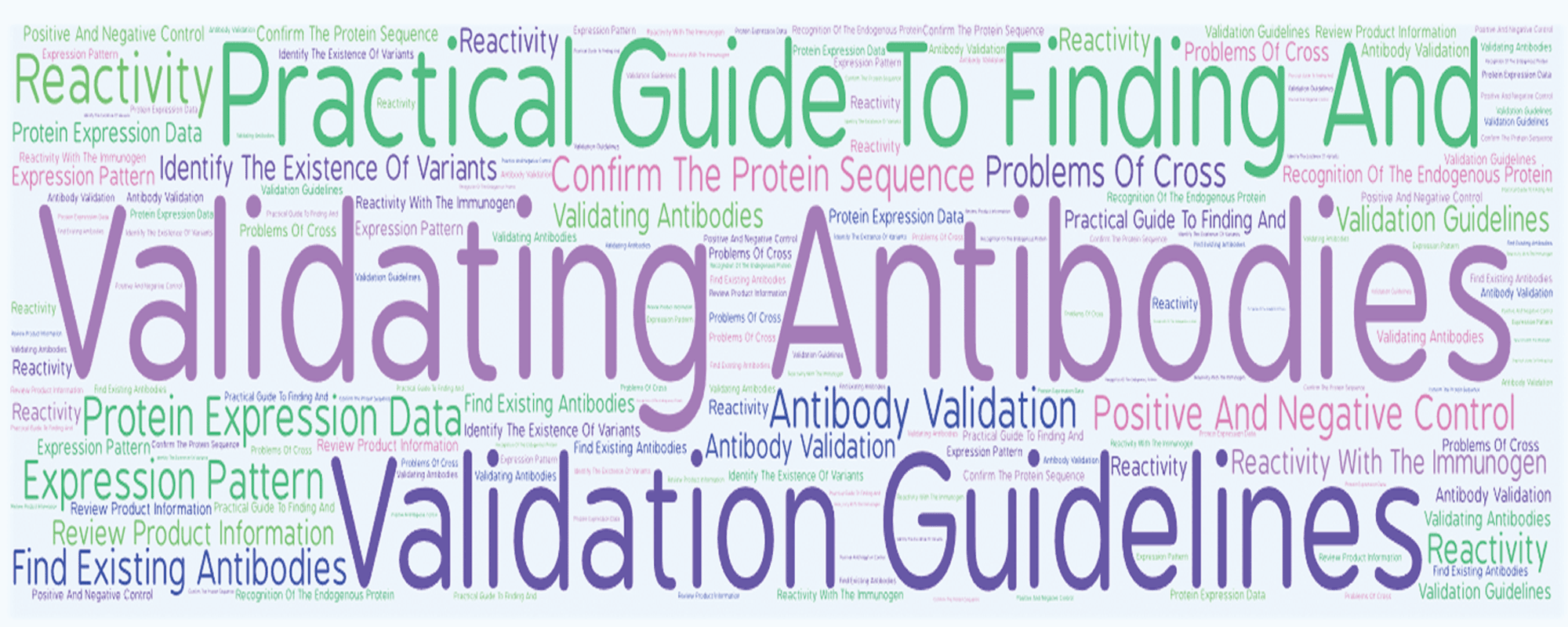THE FIRST EUROPEAN NETWORK
The European Monoclonal Antibodies Network (EuroMAbNet) represents the first European network of laboratories linked to academic institutions each with an internationally recognized reputation in the production and use of validated antibodies. Formed in 2008 and now spanning eleven European countries, EuroMAbNet members possess a wealth of expertise in antibody technology.
These range from the:
- Identification and production of immunogens e.g. short peptides, recombinant proteins, small molecule, viral antigens.
- Production of antibodies in a wide variety of animal species e.g. rodents, birds and camelids.
- Antibody production using a wide variety of techniques e.g. hybridoma, phage display, nanobody and recombinant technology.
- Complete validation and characterization of antibodies e.g. immunohistochemistry, flow cytometric and biochemical techniques.
- Use of bioinformatics, epitope mapping and iRNA to validate and characterize antibodies.
- Use of monoclonal and polyclonal antibodies as research/diagnostic/prognostic tools e.g. proteome and dsRNAome analysis, virology, and antibody panels in routine clinical laboratories.
- Development and production of potential immunotherapeutic agents e.g. T and B immunotherapies for use in cancer, graft versus host disease.
The EuroMAbNet network also benefits from including three small-specialised companies (SCICONS, Sanovo Biotech, Vertebrate Antibodies) that promote strong links between academia and industry.
EXCHANGE OF KNOWLEDGE
EuroMAbNet provides an arena for people working in the field of antibody production and technology to share knowledge but also up to date methodology.
This creates common strategies to:
- Standardise and improve the production of properly validated monoclonal antibodies.
- Identify and validate antibodies (including polyclonals) from other sources.
ANTIBODY VALIDATION PAPER AND GUIDELINES
EuroMAbNet has published a position paper containing guidelines on antibody validation and use to help find reagents that are 'fit for purpose'. The paper provides the essential fundamental principles to enable researchers:
- Select the most appropriate antibodies that are available either their laboratory or on the market.
- To perform effective antibody validation.






